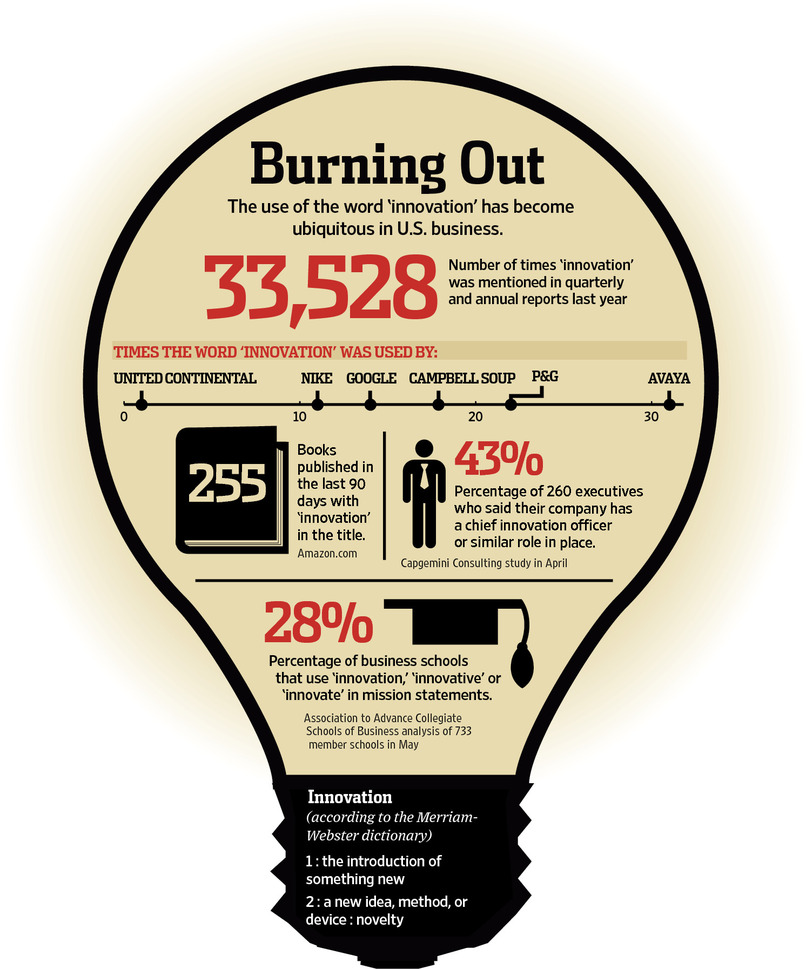You heard the news last week of course, Best Buy is shuttering 50 locations. Conventional thinking says that bricks and mortar retailers, like Best Buy or Sears (here is a long nostalgic list of failed retailers to prove the point) are becoming dinosaurs. Online competitors, like Amazon, are the future because they don't have to invest in physical locations and offer better pricing and selection. Retailers argue that Amazon's competition is unfair because people don't pay sales tax and customers can come to their retail locations, obtain the information they need, and buy online. While the challenges faced by many retailers can be described as such, the real reasons they are failing, isn't about Amazon's unfair advantages. The key problem is that these retailers failed to understand that its about the customer and not about them. These competitors did not see what was coming as the result of technology and evolving customers. Therein lies a great lesson for the health club industry to learn.
The internet and technology in general is as daunting for retailers as it has been for health clubs. Have you been to a technologically advanced health club lately ? Enough said. The point is that while technology has been revolutionary for the retail industry, to consumers it has been mearly evolutionary. Before the Internet there were many alternative buying channels like cataolgues or infomericals. Online commerce was simply the next step in a logical progression; yet many bricks and mortar competitors didn't understand that and as a result they lost their chance to do something about it; this is the lesson the health club industry needs to make note of.
Moving online demands new thinking, new strategies and the integration of the digital and bricks and mortar experience around the customer. It takes new mindsets. But many bricks and mortar competitors, like Best Buy, squandered their ability to create a new distribution and customer service aparatus. Remember last Christmas and the debacle Best Buy created for its customers, as they missed many thousands of orders that were purchased online ? Amazon didn't have such problems. As @LarryDownes recently wrote in his Forbes article, "Why Best Buy Is Going Out Of Business....Gradually":
Amazon neither invented nor appropriated its basic strategies from Best Buy or anyone else. It simply does what consumers want. Best Buy does what would be most convenient for the company for consumers to want but don’t, then crosses its fingers and prays. That’s not a strategy–or not a winning strategy, in any case, now that retail consumers aren’t stuck with the store closest to home.....(Larry goes on to say)...Best Buy is living in the corporate equivalent of what psychologists call a state of denial. In business, that’s usually the first step in a failure that ends with a spectacular collapse.
Larry's right; doing what customers want is key and in a world of increasingly influential millennial consumers , more technology oriented buyers, consumers with expansive choices demanding better service; many many retailers simply don't get it. So what can this teach the health club industry ? To be successful brands must rethink the framework of bricks and mortar delivery and start understanding what the customer really wants and give it to them: namely seemless integration of the physical and digital experience. How? Check out this book, Unleashing the Killer App; Digital Strategies For Market Dominance, and check out these reports Change Or Die, 9 Things Fitness Industry Brands And Leaders Must Do as well as Industry Trends Health Club Leaders Should Be Watching. There is a bright future for those who can accept things are and will be radically different. For those who don't, they'll be going the way of Circuit City, Best Buy and others. There is no escaping the future; Digital Darwinism will catch them all.
So tell me Bryan O'Rourke, do you think the fitness and health club industry needs to change its mindset ? How do you think that will happen and what do you believe the bricks and mortar retail industry can teach us ?










